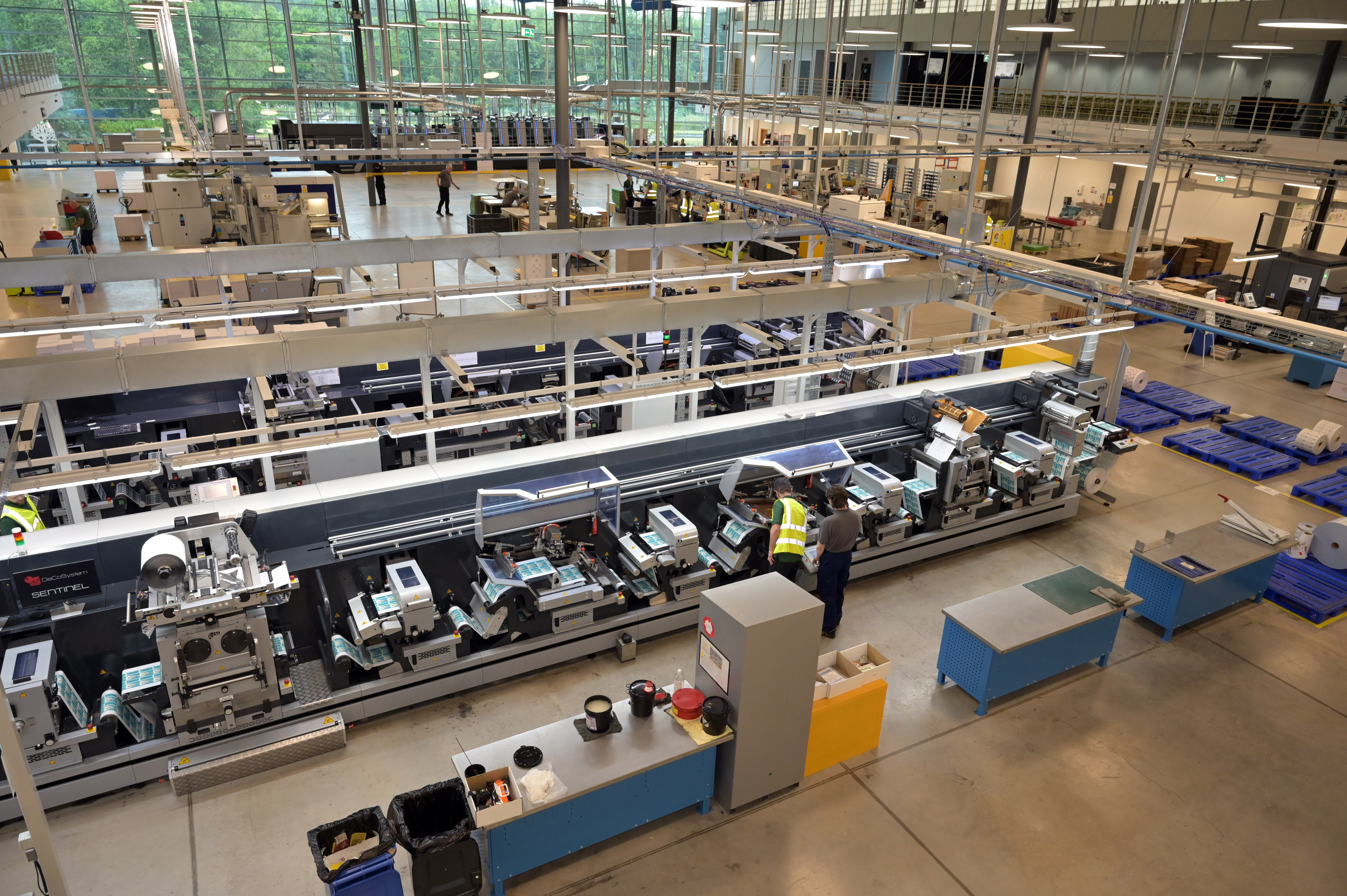How do you evaluate Latvia’s healthcare system?

Over the pasttwo decades, life expectancy has increased by ten years. If we compare this to our neighbors, it is quite an achievement. However, in order to understand Latvia’s healthcare system, we need to discuss the issues and challenges that it has faced. The system has patient accessibility and human resource issues. In addition, the percentage of total government spending has not been enough for the needs of the healthcare system.
Latvia’s healthcare sector was maintained during low budget periods thanks to our doctors and nurses who continuously worked for the love of medicine and did their best to treat patients. Our doctors and nurses are very enthusiastic and highly educated. They are very empathic to patients. With reforms, we are now going to improve the sector.
What are the priority areas?
We have already seen very good results in the oncology department where patients now receive test results within ten days. We are now looking to improve the screening system. The first priority is human resources and focusing on salaries. The second priority is improving patient access to treatment. There are four priority groups; mother and child, oncology, cardiovascular, and mental illnesses. These groups are based on the advice of the Europe commission. The third priority for Latvia’s healthcare sector is the treatment of infectious disease, HIV, and Hepatitis C.
How do you view the role of the private sector?
Right now the private sector is a very big part of the healthcare sector. We are finding a balance between state, municipality and private sector services. The private sector is an important partner in fields where the state is not prepared. We strategically purchase private sector services especially when they can offer higher quality and efficiency. They are more skilled in some fields. Nearly 40% of patients are served in some way by private health care providers. A lot of services such as daycare centers and laboratory tests are provided by the private sector. It is not a free market, but, more or less there is competition between state, municipality, and the private sector. Some segments will evidently continue to be performed only by the private sector. A very interesting segment with large growth potential is the Pharmaceutical sector. Latvia has good pharmaceutical companies that are producing great pharmaceutical generic and branded products for export.
What is the potential of Medical Tourism?
Developing the medical tourism sector in Latvia offers good opportunities. We already have a good reputation in diagnostics, and the number of international patients is increasing. We see patients seeking beauty treatments, bypass operations, ophthalmology, dentists, children medicine, orthopaedics, neurology, cardio surgery and other additional areas. I would say that our private sector offers healthcare services that are on a very good level and meet the needs of medical tourism. The development of the medical tourism sector is backed by the quality education our medical professionals receive at university. This has been the backbone of the entire healthcare system. Curiously, this has attracted international attention, and we increasingly see more international students coming from Norway, Germany, and other countries. We have high-level training courses for dentists. I am very proud to say that Latvian healthcare professionals excel in cardiology and ophthalmology.
























